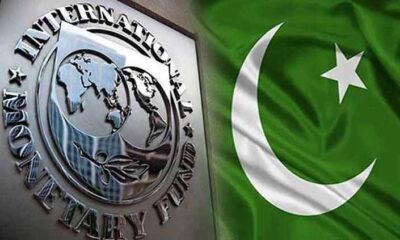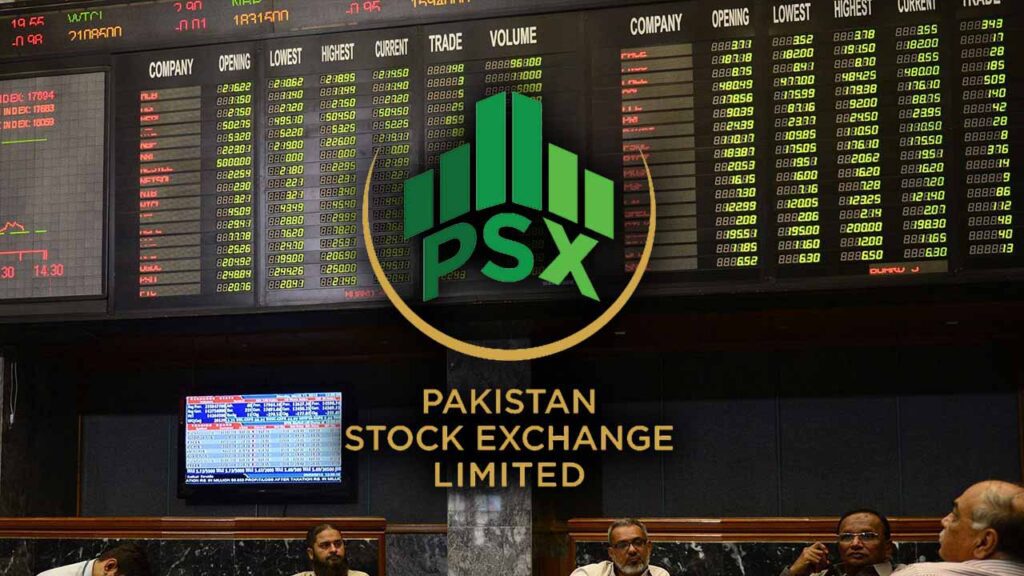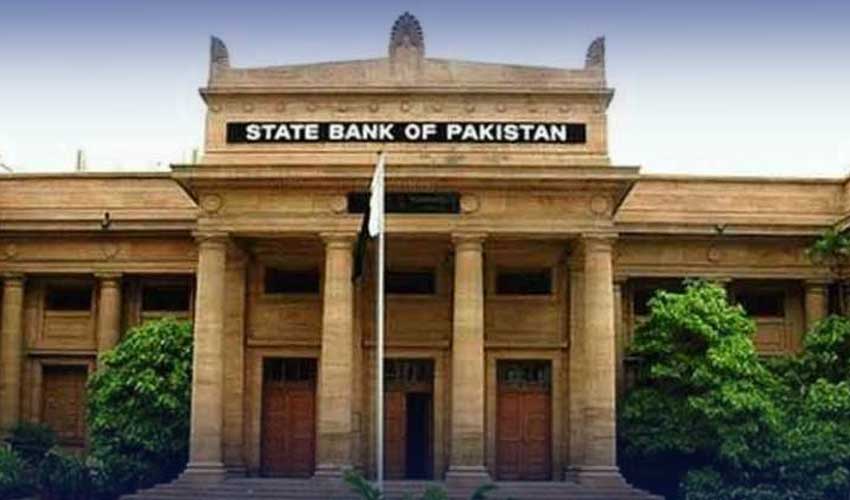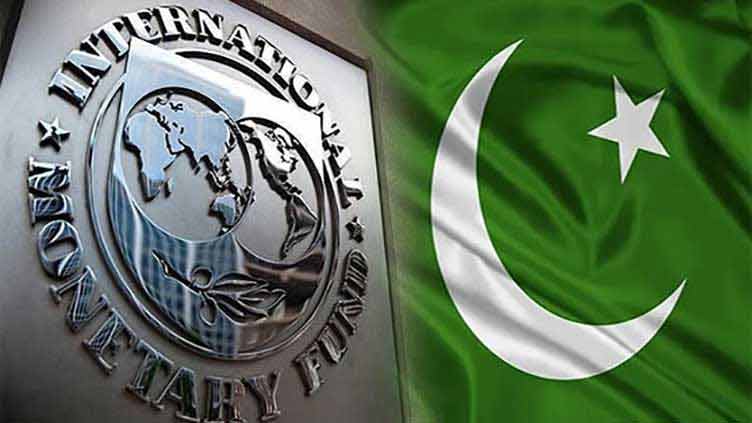Business
Rupee slide slows down due to current account numbers
-
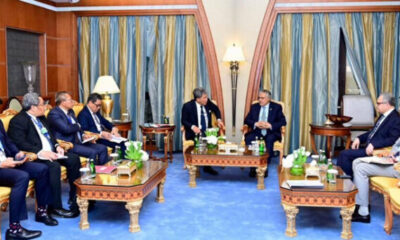
 Latest News1 hour ago
Latest News1 hour agoFM Dar, his Malaysian counterpart, demands a quick end to hostilities in Gaza
-

 Latest News1 hour ago
Latest News1 hour agoPunjab takes action against factories that generate smoke.
-
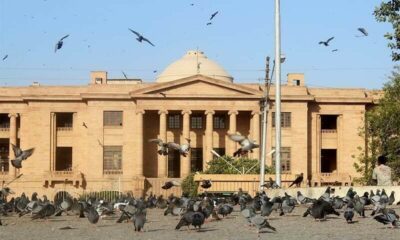
 Latest News1 hour ago
Latest News1 hour agoThe SHC mandates that relatives of missing persons receive compensation.
-

 Latest News53 mins ago
Latest News53 mins agoFarmers in Punjab file a lawsuit before the LHC, challenging the government’s unwillingness to purchase wheat.
-

 Pakistan48 mins ago
Pakistan48 mins agoIn Lahore, police step up their crackdown on underage drivers.
-
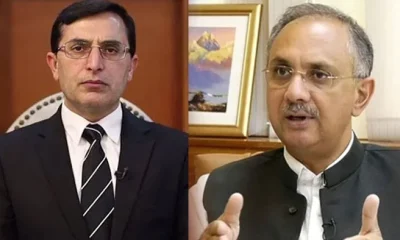
 Latest News26 mins ago
Latest News26 mins agoApproved interim bail for Omar Ayub, Barrister Gohar, and other PTI leaders
-
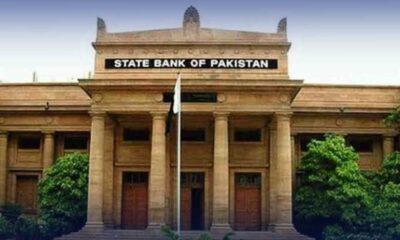
 Business20 mins ago
Business20 mins agoDespite global tides, Pakistan’s economy is recovering, according to Governor SBP
-

 Latest News56 mins ago
Latest News56 mins agoIn Pakistan’s 91 districts, an anti-polio campaign is launched.





